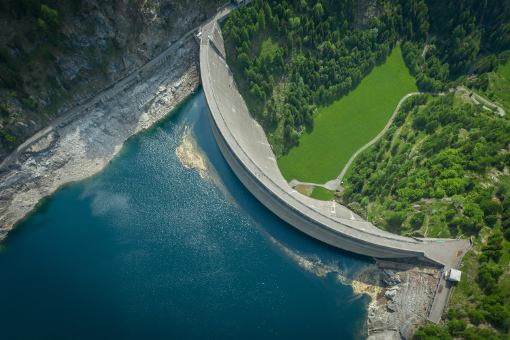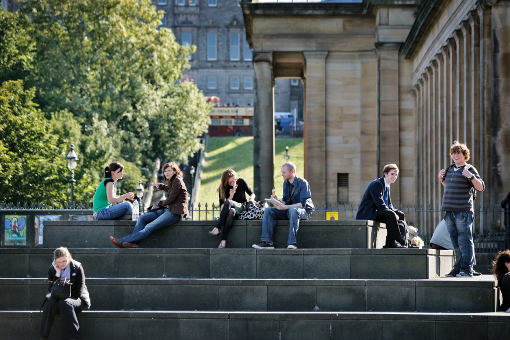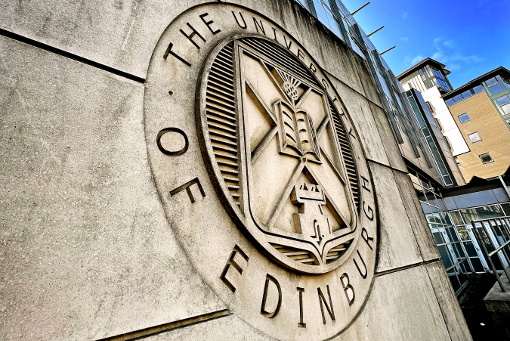Civil and Environmental Engineering at the University of Edinburgh
Hear from teaching staff and students on our civil and environmental engineering degrees at the School of Engineering, University of Edinburgh.
Our programmes

Find out more about our Civil and Environmental Engineering programmes on our degree finder; including what you will study, entry requirements, career opportunities, fees, funding and how to apply:
Civil Engineering BEng
Civil Engineering MEng
Structural and Fire Safety Engineering BEng
Structural and Fire Safety Engineering MEng
Structural Engineering with Architecture BEng
Structural Engineering with Architecture MEng
Why Edinburgh?
Our programmes give you a broad and detailed understanding of Civil and Environmental Engineering.
You will be taught by leaders in their Engineering fields whose knowledge is sought out by industry and government internationally.
You will benefit from field trips, design-led and team-oriented teaching approaches, and strong engagement with industry which informs our teaching.
Our thriving student-led civil engineering society (CivSoc) connects students with social, industrial and academic networks and activities.
All our degrees are accredited by the Joint Board of Moderators on behalf of the Engineering Council.
Careers
Our award-winning Careers Service will support you during your degree and after graduation, to recognise the wealth of possibilities ahead.
Student stories
Don’t just take our word for it, hear from our students what it’s like to study Chemical Engineering here!
Alumni
Our alumni have used their degrees to enter hugely varied careers around the world. Read about the paths they have taken.
Our people
Postgraduate
We offer both taught and research degree programmes in Civil and Environmental Engineering:
Research
Research in Civil and Environmental Engineering is mainly carried out in the following institute:





